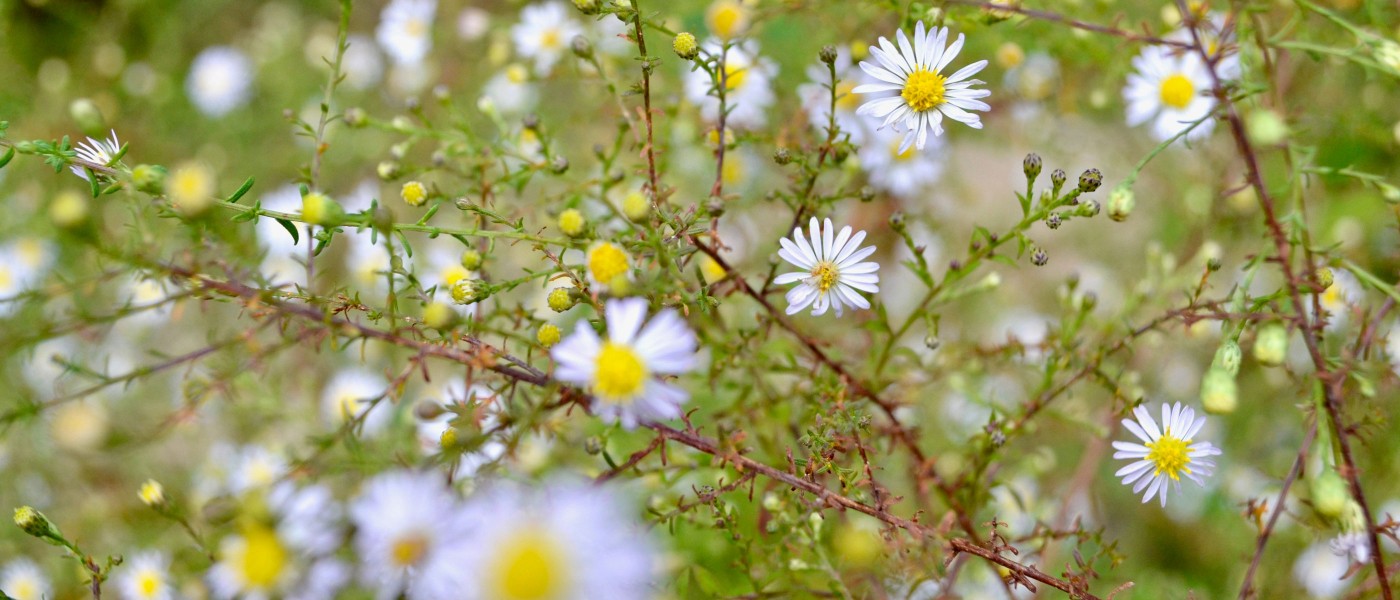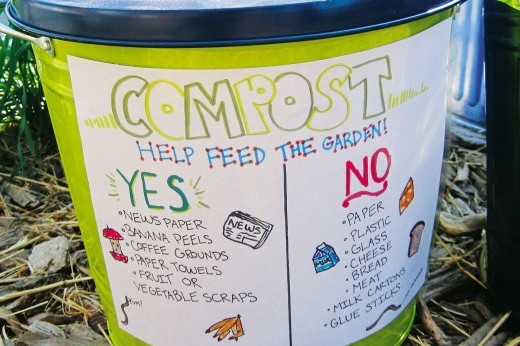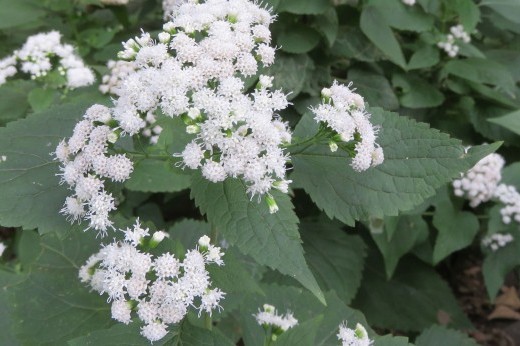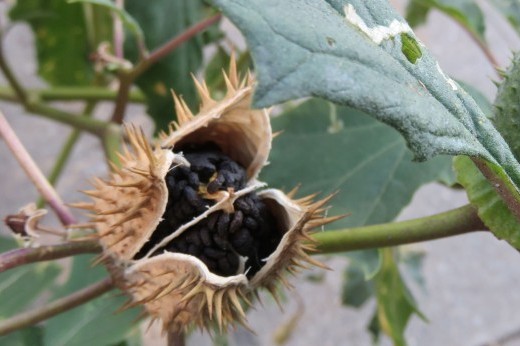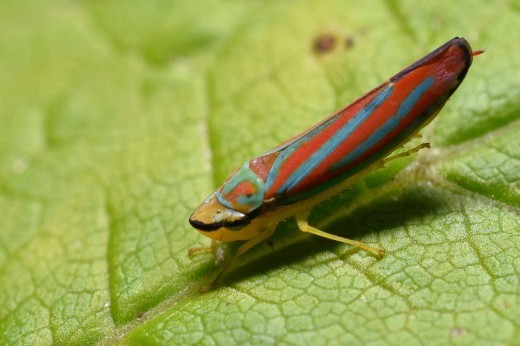Topics
Special Series
Urban Gardening
-
Fieldwork: Hart’s Tongue Fern
This rare fern grows in cool, shaded limestone ravines. In the face of climate change and habitat loss, Brooklyn Botanic Garden, along with other institutions is working to conserve it in the wild and display it for the public.
By Uli Lorimer -
Pondlife: What Lives in the Water Here?
Biologist Sally Warring took samples from the pools on Lily Pool Terrace and Water Garden pond and filmed the fascinating microbial worlds that exist in them both.
By Sally Warring -
Urban Gardening Around the World
From rooftop beehives in Seoul to indoor hydroponic vegetables in Singapore to green roofs in Paris to Brooklyn Botanic Garden's own 100-year-old Children's Garden, urban gardening and farming is taking a wide range of forms around the world.
By Sara Epstein -
Mending the World within Our Reach
Participants say just entering the Greenest Block in Brooklyn contest caused them to spend more time outdoors socializing with the neighbors. Many also feel inspired to take more action, from mentoring youth to influencing city policy.
By Nina Browne and Michelle Gluck -
Groundcovers for Tree Beds
Short-growing and creeping plants protect soil, hold moisture, and suppress weeds. Plant them in your tree beds to act as living mulch.
By Maureen O’Brien -
Compost Can Help Gardens Hold More Water
Adding compost to your garden beds can help your soil absorb and retain water. This allows you to water less often and also mitigates run-off that leads to water pollution.
By Aaron Lee -
Weed of the Month: White Snakeroot
This weed looks harmless, but it was once a secret scourge that probably killed Abraham Lincoln's mother.
By Saara Nafici -
Eat Local: Wild Rocket and Lettuce Soup
Wild rocket is a mustard-family cousin of arugula that grows like a weed. It has pretty flowers and peppery leaves, both of which can be used in this tasty soup.
By Sarah Owens -
Weed of the Month: Jimson Weed
Appreciate this witchy weed's beautiful blooms and spiky seedpods, but beware. Its notoriously toxic seeds and leaves can cause convulsions, hallucinations or even death, and climate change is making its poisons even more powerful.
By Saara Nafici -
All About Bugs: True Bugs
What we talk about when we talk about bugs...
By Steven N. Severinghaus

